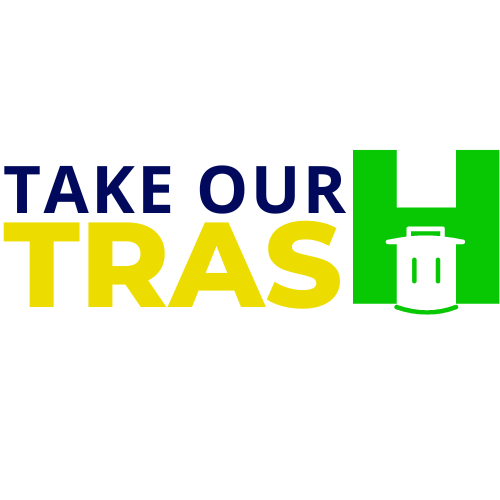Maintaining a healthy lawn and garden often leaves homeowners with piles of grass clippings, leaves, branches, and other yard debris. While it’s tempting to toss everything into the trash, there are smarter, safer, and more eco-friendly ways to dispose of garden waste.
Here’s a breakdown of the best options for getting rid of grass clippings and yard debris responsibly.
1. Grasscycling: Leave Clippings on the Lawn
Instead of bagging up grass clippings, consider leaving them on the lawn—a practice called grasscycling. Clippings break down quickly, returning nutrients like nitrogen to the soil and reducing the need for chemical fertilizers.
Best For: Homeowners who mow regularly and cut only a small portion of the grass height each time.
2. Composting at Home
Grass clippings, leaves, and small branches can all be added to a compost pile or bin. Composting transforms garden waste into nutrient-rich soil that you can reuse in flower beds, vegetable gardens, and landscaping.
Tip: Balance “greens” (like grass clippings) with “browns” (like dry leaves or cardboard) for a healthy compost mix.
3. Municipal Yard Waste Pickup
Many cities offer curbside yard waste collection. You can place clippings, leaves, and branches into designated bags or bins, and the city will haul them away for proper processing.
Best For: Homeowners without the space or time for composting.
4. Drop-Off at a Yard Waste Facility
If your city doesn’t offer pickup, local recycling or waste management centers often accept garden waste. This material is usually turned into mulch or compost.
Pro Tip: Check your local rules—some facilities require specific bags or containers.
5. Mulching and Reuse
Branches and woody garden waste can be chipped into mulch for walkways or flower beds. Mulch helps retain soil moisture, suppress weeds, and improve garden health.
Best For: Homeowners with access to a wood chipper or local landscaping service.
6. Hire a Junk or Yard Waste Removal Service
For big cleanups—like after trimming trees or clearing out overgrown areas—professional junk or yard waste removal services can do the heavy lifting. They’ll haul everything away and ensure it’s disposed of or recycled properly.
What NOT to Do with Grass Clippings and Garden Waste
- Don’t burn yard waste unless local laws allow it—it can be hazardous to health and the environment.
- Don’t dump waste in natural areas or waterways—it harms ecosystems and may result in fines.
- Don’t bag clippings with regular trash if your area prohibits it—some municipalities enforce strict disposal rules.
Final Thoughts
Disposing of grass clippings and garden waste responsibly doesn’t just keep your yard tidy—it also benefits your garden, your community, and the environment. Whether you compost at home, use municipal pickup, or hire a professional service, there are plenty of smart and sustainable options to choose from.
Pro Tip: Next time you mow or trim, think twice before bagging everything for the trash—your garden waste might just be the key to a healthier lawn or a greener planet.

